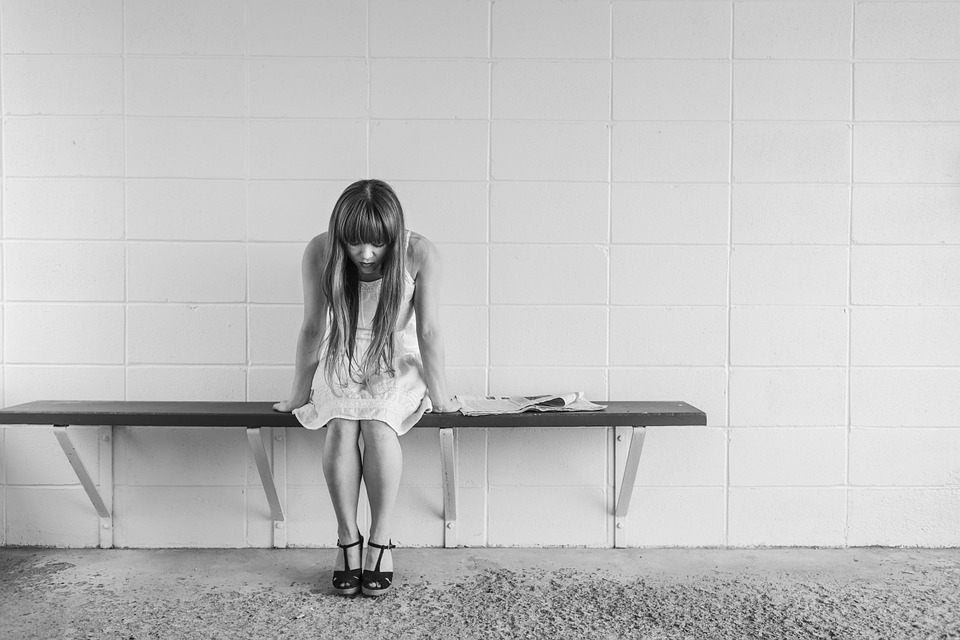As time allows my mind to think, I can almost hear my mother’s words, echoing in my psyche: “Now son, you made your bed and now you gonna have to lay in it.”
In my mind, that meant no ifs ands or buts about it, my acts were demeaning in such a way that I was to suffer whatever fate for such time until I saw an opportune moment to return to a normal way of life.
As a child, it became ingrained through benign situations such as “Don’t run through the kitchen while that pound cake is in the oven — or it will drop!”
Of course, I kept running and the vibration from my heavy steps caused the cake to drop and crumble into ruin. Then I was in trouble and had to lay in the hard bed I had made for myself.
While this adage applies to serious transgressions that may occur in adult life, I too often find myself returning to that “hard bed” state of thinking when I make mistakes. Instead of dealing with trouble, I adapt to a flight response, rather than fight.
This ends with me prolonging the pain of what I did. And thinking that anything else bad that I experience is somehow deserved. This is learned behavior.
You have to fight it, to be mindful and put away those negative thoughts that would otherwise bind you up. You must learn to not lay in it or beat up on yourself so much so that it is the governing factor of unforeseen choices or decisions.
We have to remember that our words have power to create or destroy. We must be ever so careful with how we project our words on others.
Instead of flight, we need to embrace a fight mentality and not just stay here in mental mutilation. Don’t stay there on those hard steps too long, because life will never be a crystal stair. Rise above it and embrace positive thoughts and behaviors.
To be continued




